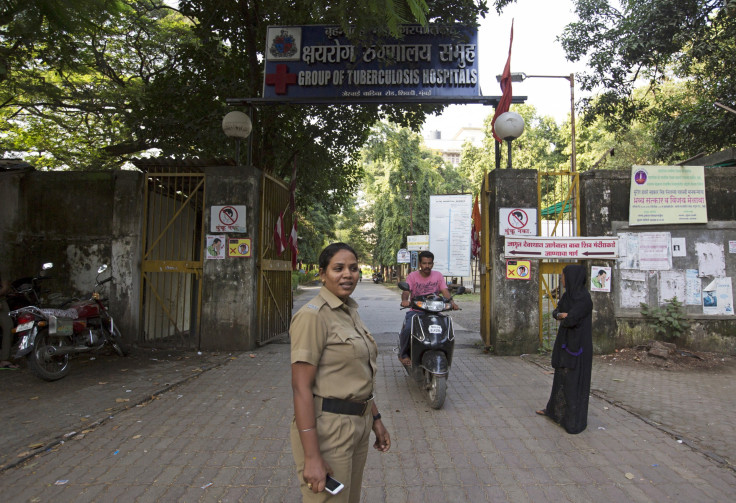Tuberculosis scare in HIV positive pregnant women: most widely-used tuberculosis test fails to diagnose illness

The most commonly-used tuberculosis (TB) test, TST, has failed to detect TB in HIV positive pregnant women. A research published online in the American Thoracic Society's American Journal of Respiratory and Critical Care Medicine has revealed that the TB test failed to accurately diagnose the illness in up to 50 percent of pregnant women with HIV.
The research compared two TB tests – one, the widely-used TST or tuberculin skin test and two, the Quantiferon Gold In Tube® (QGIT) blood test. The study is also first of its kind to examine effects of pregnancy on body’s response to tuberculosis.
The researchers carried out the study primarily to assess the accuracy of the TB tests and their ability to diagnose tuberculosis (a tremendously contagious disease) in patients who are already at risk of another infection, namely HIV. Another important aspect of the study was to find a method by which it would be possible to identify those women with latent TB infection who are at risk of developing an active TB infection.
As pregnancy and HIV infection compromise the immune system, latent TB can quickly become active thereby increasing the need to improve diagnosis. According to lead study author Jyoti Mathad, MD, MSc, Instructor of Medicine in the Center for Global Health at Weill Cornell Medical College, the WHO and many governments endorse the widely-used TST as it is cheap and omnipresent.
“However, our over-reliance on this single test means that we are failing to detect and treat a potentially life-threatening infection in tens of millions of high-risk women,” Mathad added.
Mathad also pointed out the fact that QGIT positivity was more effective, almost three times higher than TST at every time point tested.
The blood data was collected from 252 women in their second or third trimester receiving care at a public teaching hospital in India and an additional 39 women who participated in a longitudinal study for assessing how TB tests were affected by changes in different stages of pregnancy.
The results suggested that pregnant women produce “lower levels of the immune chemicals that many TB diagnostics look for.” According to Mathad, these findings will help in developing a test that will identify who are in the already high-risk population is at greater risk of disease and death and who need treatment most urgently. The researchers also pointed out the need to include pregnant women in future medical studies.






